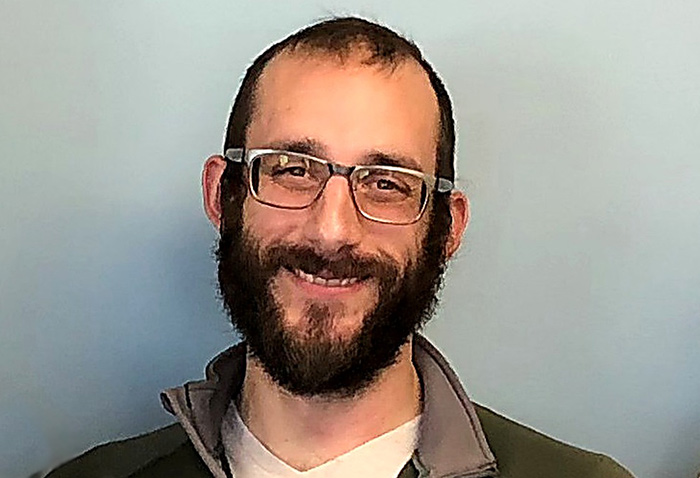Opinion: Scripps medical decisions made absent evidence
By Julie Garel
I’ve consistently stood on the left side of the Covid fault line. Righteously filtering aerosols through my surgical mask, I dispensed public health facts and hand sanitizer with near religious fervor. Yet, I was seismically shaken to find my belief system undermined by individuals who stood with me on what I had considered the fact based side of the tectonic divide.
Educators at Scripps College have made a mockery of taking reasonable Covid precautions. My daughter, a junior at Scripps, voluntarily tested for Covid out of an abundance of caution before a scheduled trip home. Appropriately, she was placed in isolation off campus after receiving a positive test result. Because she had neither symptoms nor any known exposures, we suspected the test was wrong. Several rapid tests and a second PCR test that day confirmed her result was one of the less than one percent of PCR tests to falsely register positive. Mistakes happen. We learn from them — a fundamental tenet of academic research.
Our daughter was not allowed to return to campus. More egregious was the fact that the senior physician presiding over all of Scripps Health Services would not administer another PCR test to further confirm her Covid-free status. “That is not the policy,” he repeated incuriously. Furthermore, none of the senior administrators I spoke with would question his rigidity although numerous physicians without affiliation to Scripps recommended my daughter be discharged.
The health care providers who raised me and the ones who have tended to my family over the years administered care decisions based on good judgement supported, as needed, through testing. When uncertainty prevailed, further research was pursued. Information drove decisions.
The policy to which this Scripps’s doctor alluded was written for students with Covid. “We do not test again until five days from the first positive.” Because false positives are rare, no specific policy was drafted. This would be the point at which medical tools were applied to support sound decision making.
Were the needs of the patient factored into this decision? Were institutional ideals of higher education such as hypothesizing, testing, and informed decision-making applied? Sadly, no and no.
My profound disappointment in this outcome is not snowflake frustration. If my daughter had Covid I would have viewed isolation as entirely appropriate. High infectivity rates, supported by a body of research, dictate the need to quarantine.
My chagrin has everything to do with the failure of Scripps to live up to its mission. Higher education is meant to shape the decision-making skills of students. Research methods courses are a part of most academic majors. At Scripps, students learn how to learn. They evaluate options based on facts rather than rigid adherence to dogma, magical thinking, or opinion in a vacuum. They learn why learning matters. The sum of their academic experiences are skills that allow them to develop original ideas and demonstrate confidence in advancing them.
My experiences in academia taught me to pursue learning opportunities in the face of failure — an underpinning of rigorous science. Clearly, my advocacy on behalf of my daughter failed. So, the lesson for me in this failure is to think more critically. Certainly, we must question the advice given to us by professionals we entrust with our health by reading the research ourselves and consulting other experts for subsequent opinions. But what about institutions established to protect, serve, educate, and inform us? When they fail, we all fail. Our role is to assume we can strengthen those institutions through bold thinking and fresh ideas. I hope the administrators at Scripps College see their calling in this small story.
Julie Garel is a researcher and communication strategist in Bethesda, MD. She holds degrees from The Thunderbird School of Global Management and Harvard University and is currently working toward a master’s degree in conflict resolution and peace studies at The Carter School at George Mason University.
Editor’s note: I reached out to the Claremont Colleges Services for a rebuttal to this piece and received this response via email: “Statement on the Claremont Colleges Covid practices: The Student Health Services department of The Claremont Colleges Service has developed COVID policies and procedures consistent with guidance provided by public health experts, with the well-being and safety of our students and community at the forefront of everything we do.”







0 Comments